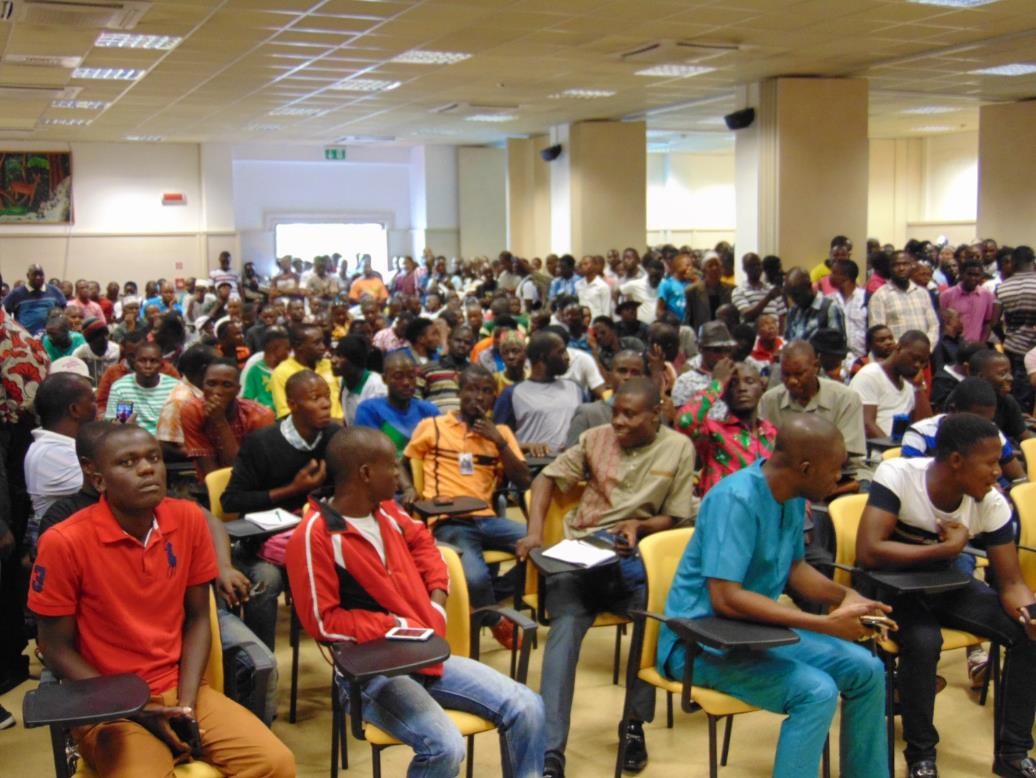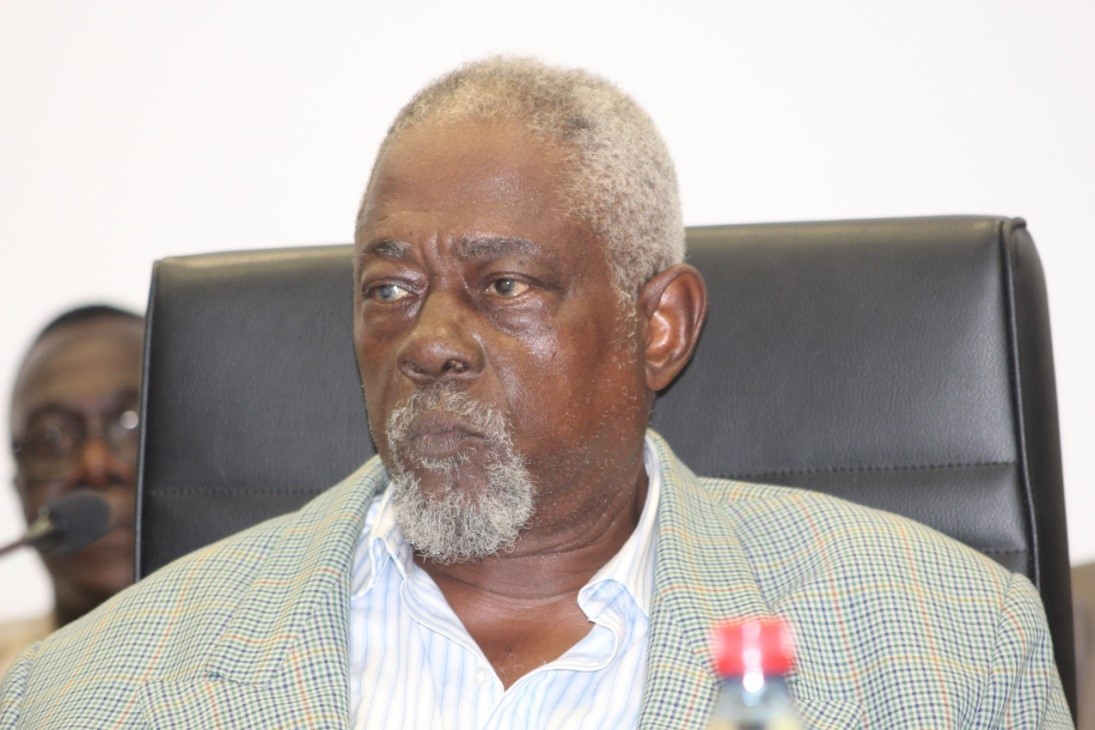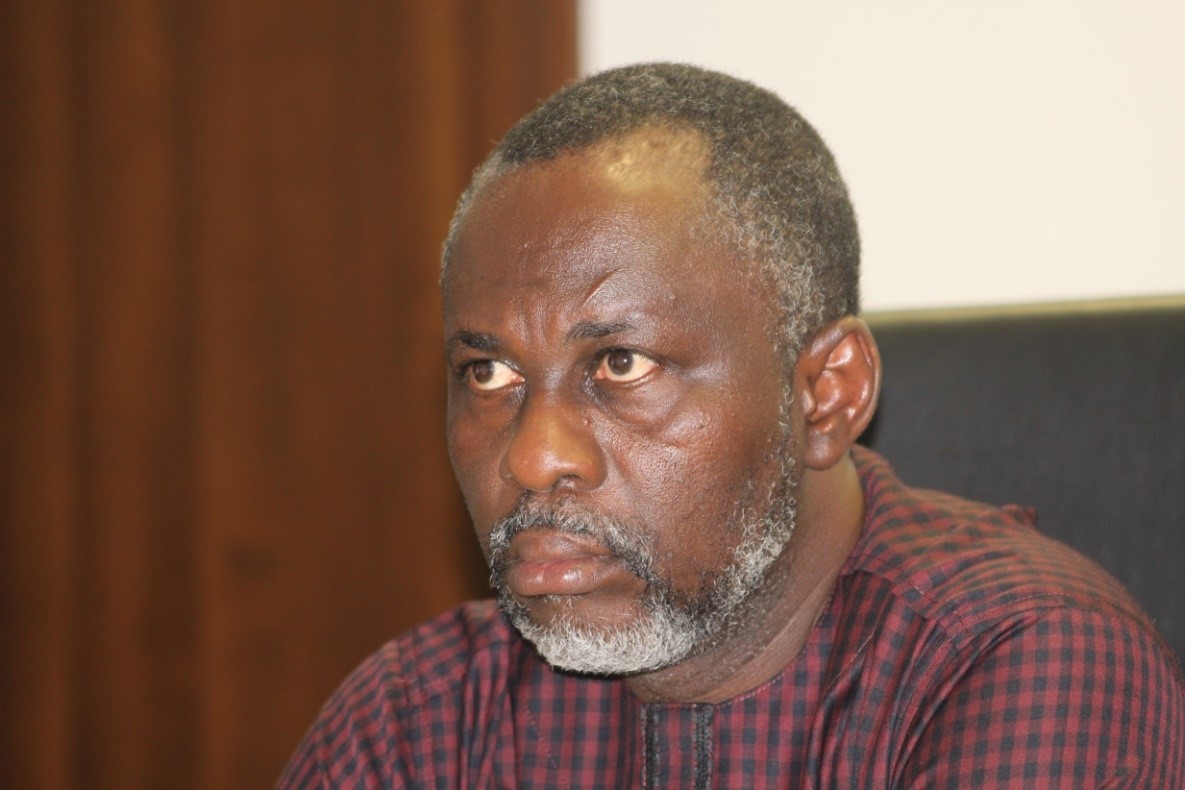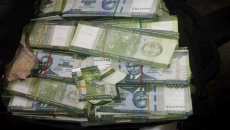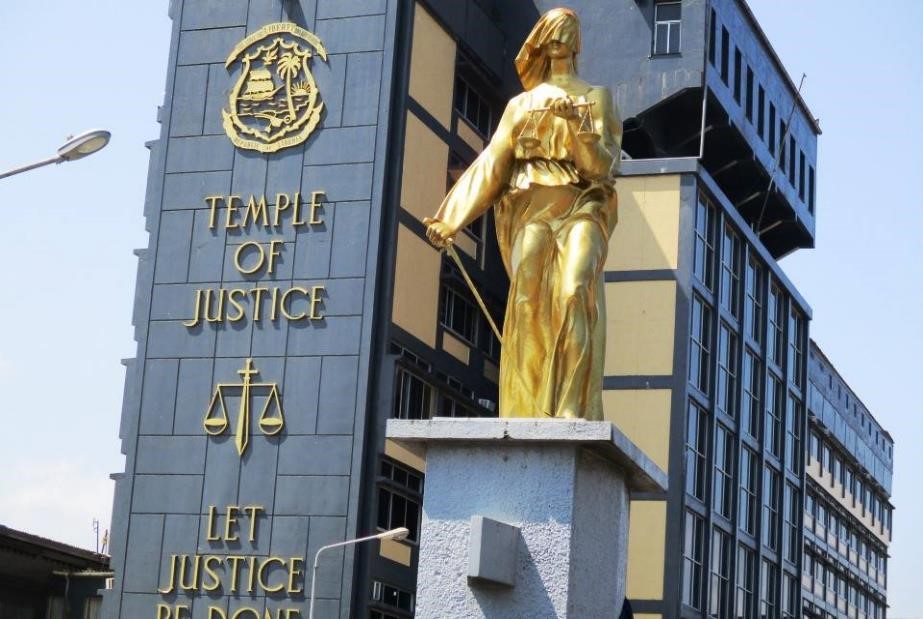MONROVIA, Montserrado – The much-anticipated meeting between the Economic Management Team and money exchangers ended in a deadlock on Wednesday, July 18 at the Central Bank of Liberia.
The meeting was meant to find situations to the rapidly depreciating value of the Liberian dollar.
As early as 8:00 a.m. on Wednesday, several money exchangers in Monrovia and adjacent communities began arriving at the Central Bank after being cited by the Bank through a press release.
The management of the CBL said it wanted all money exchangers at the meeting in response to measures announced by President George Weah on the worsening economy.
“All foreign exchange bureaus, licensed and unlicensed, will be closed on Wednesday from 8:00 a.m. to 8:00 p.m. to allow the full compliance of owners,†the Bank’s announcement read.
The closure of the foreign exchange bureaus inconvenience Monrovia residents, who could not access other services usually provided by the exchange bureaus, including transferring money to friends and relatives and purchasing electricity credits.
The meeting, which was scheduled to start by 10:00 a.m. in the Central Bank’s conference hall, was delayed for 1.5 hours, leading to annoyed and impatient money exchangers.
Nathaniel R. Patray, governor designate of the Central Bank, said the meeting would examine government policies to mitigate the exchange rate pressure on the Liberian dollar.
“The Liberian dollar has come under significant pressure beginning 2017 and the situation has further deteriorated in recent time,†Patray said.
He explained that the Central Bank continues to intervene in the foreign exchange market through regular auctions of foreign currencies.
Patray explained that the main source of the foreign exchange for the Central Bank was now remittances. He said while remittances may not be directly contributing to the reserve build-up, it was helping to reduce the pressure on the reserve.
Patray said the increased pressure on the Liberia dollar can be attributed to several direct and indirect factors.
“The withdrawal of UNMIL from the country significantly contributed to the supply of foreign exchange,†he said.
He added that there are significant amounts of Liberian dollars outside of the banking system, amounting to L$15.2 billion (US$94.4 million) at the end of May 2018 or 90 percent of the currency in circulation. Only L$1.7 billion (US$10.6 million) are stored in the vaults of the country’s commercial banks.
To solve the problem, Patray said the government aims to implement policies that will help reduce the amount of currency outside the banking system and by extension, ensure broad exchange rate stability over a period.
For now, the Central Bank is focused on ensuring that all foreign exchange bureaus operating in the country are licensed.
“Effective Thursday, July 19 the CBL, in collaboration with the Justice Ministry, Liberia Immigration Service, Monrovia City Corporation, and the National Association of Foreign Exchange Bureaus of Liberia will begin the enforcement of forex bureau regulations,†Patray announced.
The enforcement effort will include closing unlicensed bureaus, removing “illegal†foreign exchange operators from the streets, and confiscation of monies belonging to those operators, Patray said.
Patray said the public might not like what the government is doing but said these actions were necessary to bring relief and sanity to the economy by weeding out illegal operators.
Nathaniel McGill, minister of state and a member of the Economic Management Team, told the gathering that these steps were necessary because “the interest of the country comes first.â€
“The intention of the government is to make sure to reduce the pressure on the country’s foreign reserve and make sure that the Liberian dollar is strong,†he added.
According to him, the foreign exchange rate will now be determined by the Central Bank and not the market, adding, “Liberia cannot be a place where anybody can do anything and walk away.â€
Patrick Sudue, Inspector General of the Liberia National Police and another member of the Economic Management Team, said the economy was under threat and he directly blamed the money changers.
“All of you here are the driving force behind the escalation of the rate,†Sudue told attendees, eliciting angry responses from the crowd.
He said the police would enforce any regulation coming from the Central Bank and the Economic Management Team.
Samuel Tweah, the finance minister, quickly diffused the situation by clarifying that the government is not blaming anyone for the devaluation of the Liberian dollar.
Tweah explained that the cause of the depreciation is a variety of factors including that “the prices of rubber and iron ore have dropped, coupled with UNMIL’s withdrawal from the country.â€
“We have a fundamental structural problem on hand,†Tweah said. In two to three years, he predicted that the government would be better placed to find a solution to the problem because it would have implemented regulations and policies to resuscitate the economy.
This statement from the CBL governor designate did not go down well with the majority of the money exchangers attending the meeting.
The meeting, which was aimed at finding solutions to the current economic problem, ended in an impasse. Money changers responded unfavorably to the plan to immediately start removing unregistered exchangers from the street. George G. Williams, secretary of the Street Money Exchangers, told the members of the Economic Management Team that their plan was too abrupt.
He pleaded with the government to give them sufficient time, which resulted in officials offering to meet with five representatives for further discussions on a better plan.
Featured photo by Zeze Ballah  Â
